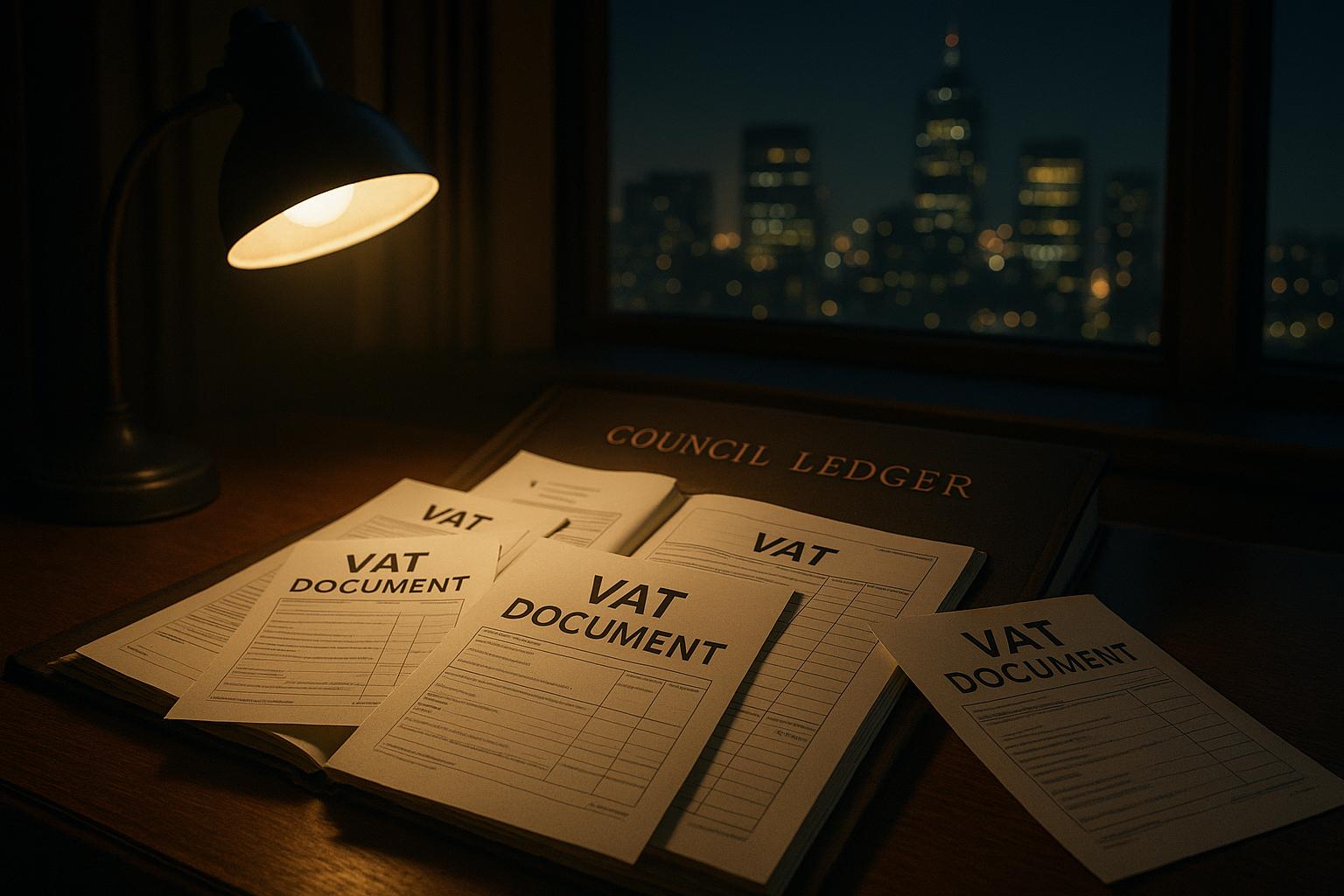Two years after HM Revenue & Customs (HMRC) revised its VAT treatment of local authority-run leisure services, the sector has witnessed significant financial and structural shifts. Previously, leisure services delivered directly by local councils were considered “business” activities, requiring the charging of VAT on end users. Many local authorities circumvented this by setting up leisure trusts or contracting with existing trusts to take advantage of their VAT exempt status. However, in March 2023, HMRC ruled these services as “non-business,” meaning councils could provide them without VAT charges and recover all input VAT linked to these activities. This marked the most substantial change in local authority leisure management since the inception of leisure trusts in the late 1990s.
The new VAT treatment has encouraged the emergence of an agency model in leisure management. Leisure operators, conscious that some councils might reconsider insourcing, proposed arrangements where local authorities retain their non-business status benefits while outsourcing management through agency contracts. Under this model, operators act as agents, collecting income on behalf of councils, which allows the councils to avoid charging VAT to customers and to recover VAT input costs, including fees paid to the operators. Early estimates and emerging contract data suggest that this approach can deliver financial uplifts of £80,000 to £100,000 annually for a typical wet and dry leisure centre, with even greater benefits for authorities with larger or multiple facilities. In an era of constrained finances and rising capital costs, such savings offer councils valuable opportunities to close funding gaps and support facility investments.
The transition to agency models has involved complexities. Local authorities need HMRC to acknowledge these arrangements as genuine principal-agent relationships rather than formal titles alone. Additionally, concerns around procurement law compliance—such as whether contract variations constitute fresh procurements—created initial hesitancy. Authorities and operators have been cautious to ensure that agency models allocate financial and operational risks comparably to traditional contracts, avoiding arrangements that inappropriately transfer risks back to councils. Considerations around property arrangements also play a role, as leases versus licences to occupy may attract differing scrutiny from HMRC regarding the legitimacy of the agency structure.
Despite early uncertainties, the absence of HMRC challenges, no reported procurement disputes, and sustained financial benefits have encouraged more councils to embed agency models in new procurements or convert existing contracts. Transparency in tendering allows fair comparison between traditional and agency bids, fostering competitive and compliant procurement processes. The growing adoption of agency models appears likely to continue, especially given ongoing local government budget pressures.
Tax advisers now generally believe that HMRC is unlikely to contest these agency arrangements, despite concerns that they reduce government VAT revenue by millions of pounds. Local authorities are advised to carefully draft contract variations to reflect genuine agency relationships, safeguard risk allocations, and address property issues prudently. Additionally, councils can submit claims for historic VAT overpayments linked to leisure services, further enhancing financial recoveries.
The agency model’s rise reflects a pragmatic adaptation to the significant VAT rule change affecting about 500 in-house leisure centres across the UK. Some councils have reported annual VAT benefits from £80,000 up to £150,000 per centre due to these arrangements. This approach not only helps councils maximise revenue and reduce costs but also allows leisure operators to reclaim previously irrecoverable VAT on their operating costs by charging VAT on their fees while passing VAT recovery opportunities to councils.
In summary, the ongoing evolution of VAT policies coupled with innovative agency outsourcing structures is reshaping the landscape of local authority leisure services. As this model becomes more established, it offers a financially efficient and legally sound framework for councils navigating post-pandemic fiscal realities and capital investment challenges.
📌 Reference Map:
- Paragraph 1 – [1], [2], [4], [6]
- Paragraph 2 – [1], [3], [5]
- Paragraph 3 – [1], [7]
- Paragraph 4 – [1], [3], [5], [7]
- Paragraph 5 – [1], [4], [7]
Source: Noah Wire Services
